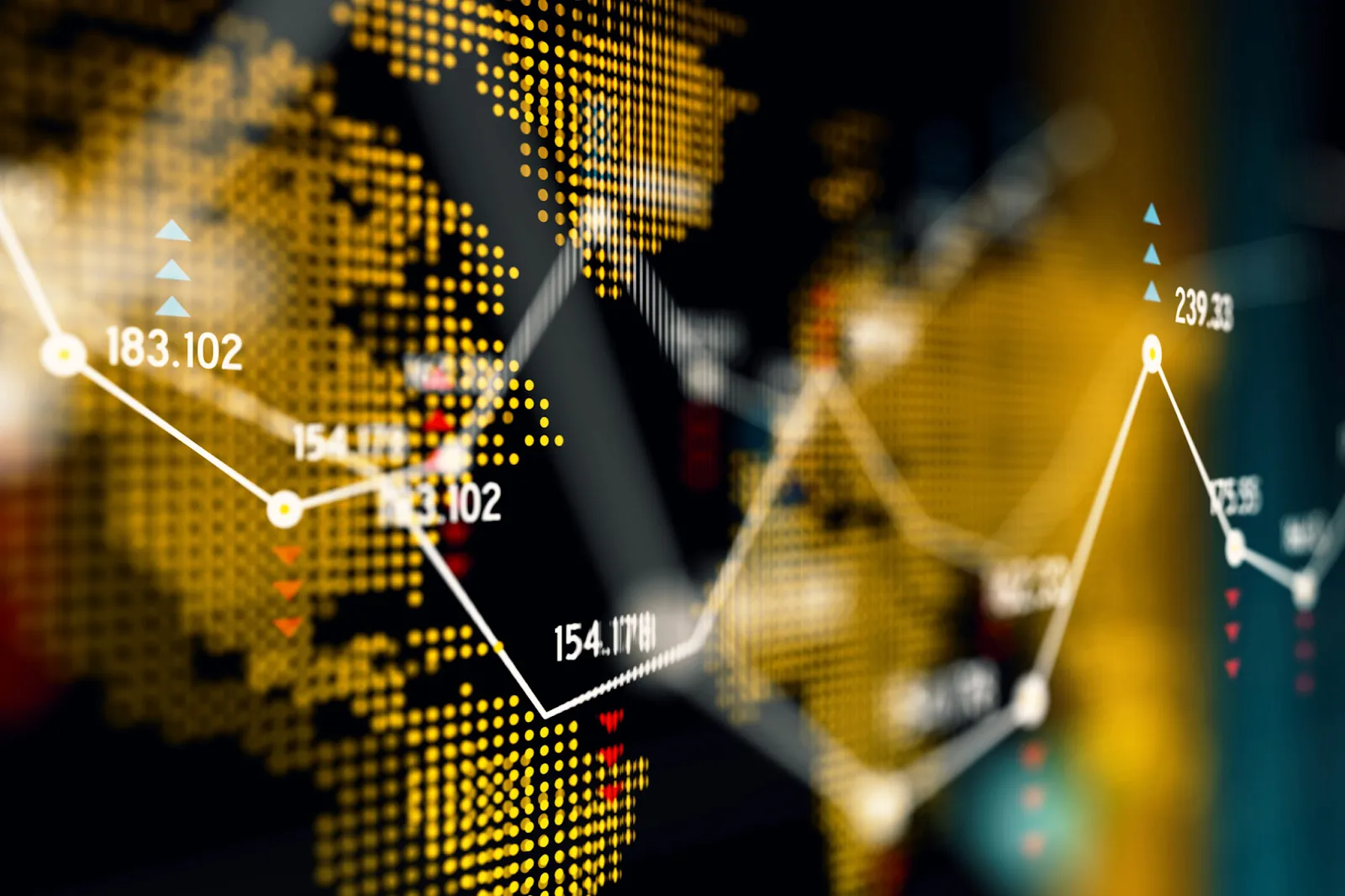Is the stock market's stability in danger as a result of the rise of passive investing? You shouldn't worry, according to a recent study.
Throughout the past 30 years, there have been a number of extremely profitable investing trends. The 401(k) and exchange-traded funds are two examples.
All of these phenomena are significant for investors. But even among those accomplishments, investing in indexes like the S&P 500 or indexing must rank at the top.
According to a recent study on the effects of passive investing on the market, Craig Lazzara, managing director at S&P Dow Jones Indices, "we estimate that index funds now encompass between a quarter and a third of the capitalization of the U.S. equity market with more than $7 trillion tracking the S&P 500 alone."
More Resources, More Foes
It comes as no surprise that active managers tend to be the biggest opponents of passive investment.
They have suggested that a tiny group of companies (BlackRock, Vanguard, State Street, etc.) own a disproportionate amount of index ownership, which can have a significant impact on the markets. Some claim that because market capitalization is used to index equities, passive indexing will force money to flow towards the largest companies regardless of how well they are doing well.
Passive investment proponents dispute these assertions. Tech stocks, for instance, were by far the biggest equities in the S&P 500 at the beginning of 2022, but indexing did not stop them from taking a beating in 2017.
Prices Are Still Governed By Active Traders
Yet, one claim has generated some scholarly interest: if indexing grows to such a size, there won't be enough stock trading that is "active," and as a result, the markets will become "inefficient."
Where would a peak occur if such were the case? Are there any indications that "peak indexing" has been reached?
Lazzara draws a crucial distinction between passive trading and passive assets under management. While the amount of passive assets under management is increasing, the amount of passive trading is currently a small portion of all trade and is expanding extremely slowly.
In actuality, passive managers don't trade a lot. Lazzara showed that active managers still conduct 91% of the trading even if passive managers possess a third of the market's assets.
Lazzara's conclusion: "Active managers (and some factor indices) whose trades are motivated by their own research) are ultimately responsible for determining the valuation of index members."
Will Market Passiveness Lead To "Inefficiency"?
The other part of the query, though, is worth considering: might passive investment grow to such a size that it supplants active trading and renders markets "inefficient"?
Recall that Lazzara found that active managers continue to do 91% of trading. Lazzara calculates that 83% of the market's assets would need to be owned by passive investors for the proportion of active manager trades to fall below 50%.
As a result, passive managers would have to increase their current ownership of market assets from 30% to 83%.
Nevertheless, Lazzara added, "Even at that level, there's no a priori reason to think that market efficiency would be compromised."
In plain Language, this means that, assuming there is such a threshold, we are a long way from passive investors controlling trading.
The assumption that the markets would become "inefficient" if active management drops below 50% of trading is still merely a hunch.
Is There A Better Metric For Determining "Inefficiency"?
According to Lazzara, there is likely "a sufficiently enough number of mispriced equities, so that the value of successful active management would increase" as one indicator of market inefficiency.
In other words, active managers would probably become aware of the significant misprice in equities, would begin buying and selling, and would then begin consistently outperforming passive managers.
That is not likely to occur any time soon. With its semi-annual SPIVA study, S&P's has been analyzing the performance of active managers for 25 years. 90% of large-cap fund managers underperform their benchmarks over a ten-year period, according to the data, which are resounding.
Burton Malkiel, a Princeton professor, told me, "The SPIVA statistics reveal that over the past 20 years active managers are not doing better (as could be the case if markets were growing less efficient), but are actually doing worse than the market." Malkiel is the author of "A Random Walk Down Wall Street" and has long advocated index investing.
Is this a result of the stupidity of active managers? Hardly. Active management is actually better than it has ever been. Only that most people lack any informational edge over one another.
According to Lazzara, passive investing has further reduced the "herd" of active management.
According to Lazzara, "money shifts from the least competent active managers to passive investing." "It helps the managers who are still in charge."

Subscribe to our newsletter!
As a leading independent research provider, TradeAlgo keeps you connected from anywhere.








